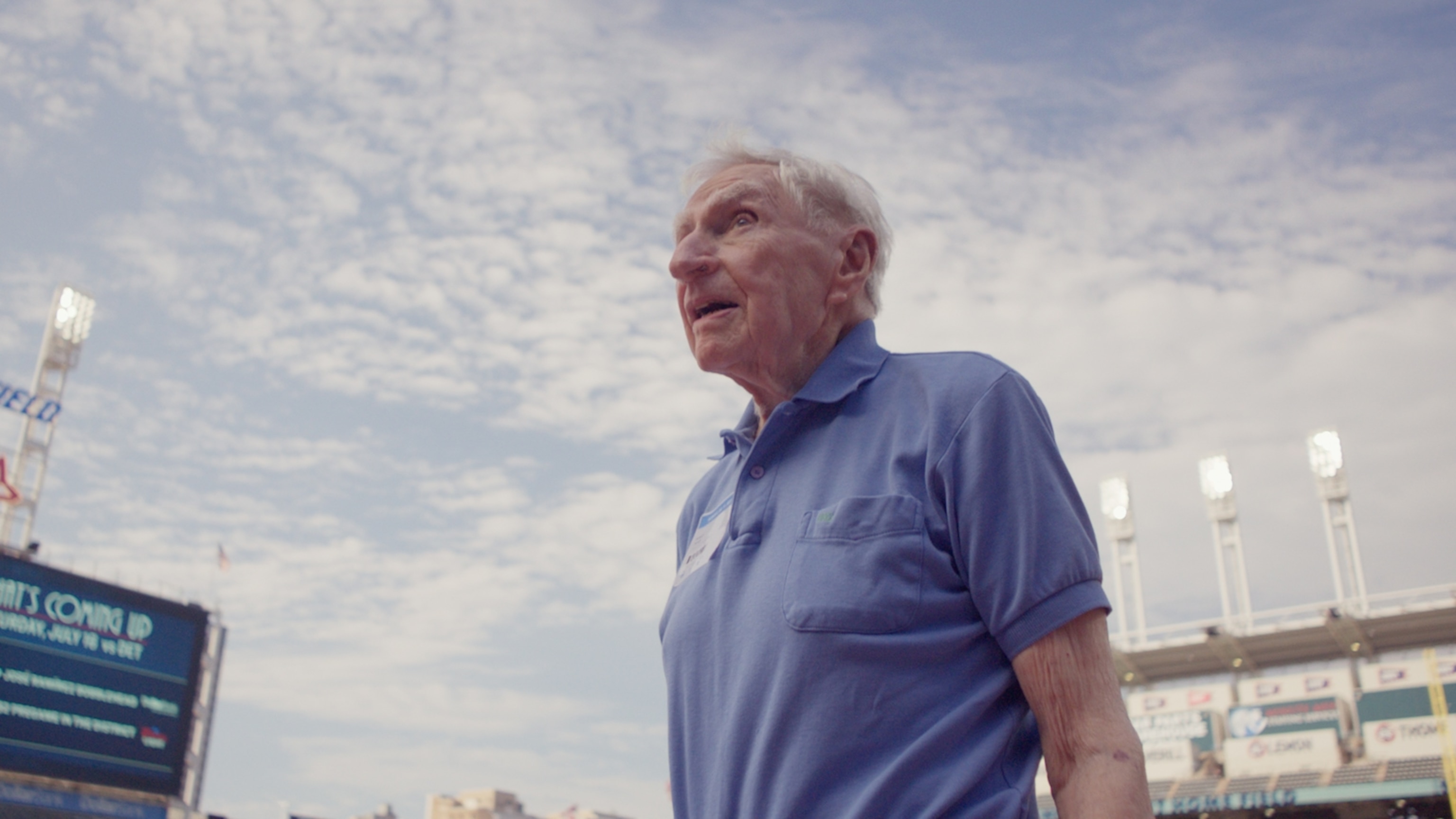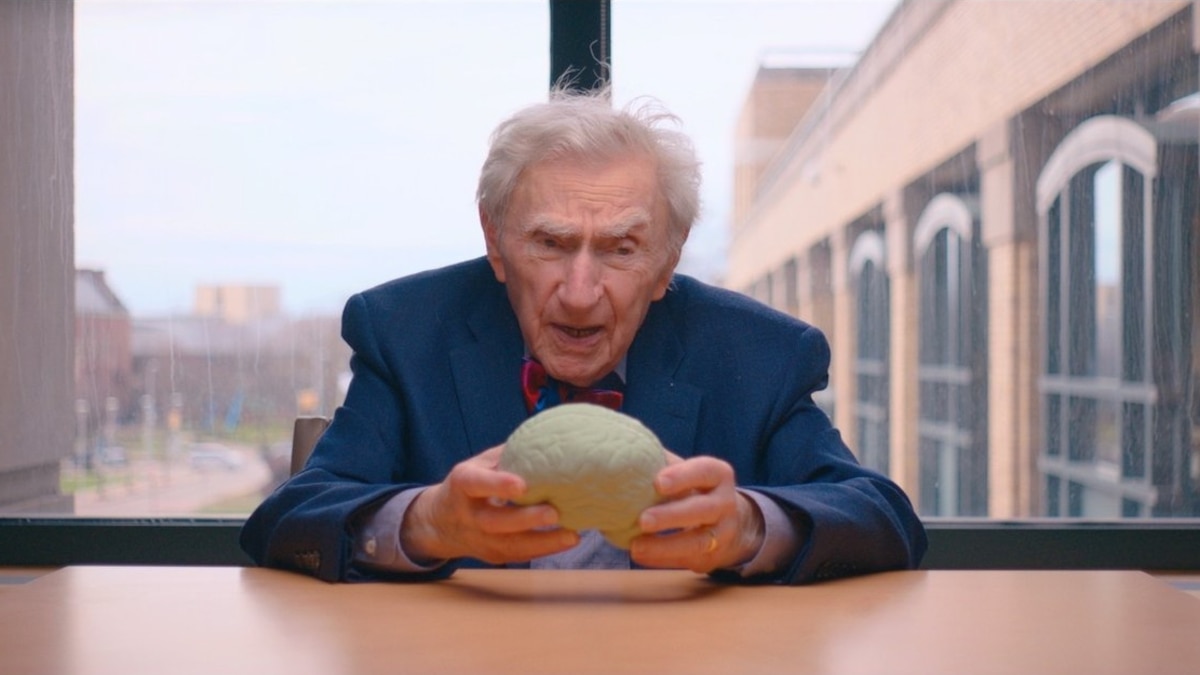At 102 years old, Howard Tucker is the world’s oldest practicing doctor—and he’s eagerly looking for new work since the hospital where he taught medical residents closed in 2022. “Right now, I’m out of a job,” Tucker says.
While he’s no longer seeing patients, Tucker’s resume speaks for itself. He received his medical doctorate in 1947 and completed his neurology residency in 1953. He served in the U.S. Navy during World War II and was the chief neurologist for the Atlantic Fleet during the Korean War. In 1989, at a spry 67, Tucker pursued a law degree and passed the Ohio State Bar exam while continuing to work as a neurologist. He helped treat patients in the earliest days of the COVID pandemic and, today, he occasionally teaches medical and law students at Case Western Reserve University in Cleveland, Ohio. He still consults as a specialist for medical legal cases too.
(7 simple science-backed rules for living longer.)
More recently, he’s also become a TikTok star, with 101,000 followers and counting. Tucker’s grandson, Austin, created the account with his friend Taylor Taglianetti. Together, they produced the documentary What’s Next? to showcase Tucker’s extraordinary accomplishments and zest for life.
Ahead of his 103rd birthday in July, National Geographic asked Tucker for his secret sauce to longevity. The centenarian staunchly credits a continuous pursuit of knowledge and connection—and the occasional martini. Read on for his tips for better health and the habits he believes everyone should avoid.

The centenarian neurologist credits social connection and continuous pursuit of knowledge as key to his longevity. Above, Tucker is seen at Progressive Field in Cleveland before throwing out the first pitch at a baseball game on his 100th birthday.
Image Courtesy What’s Next? Documentary
NATIONAL GEOGRAPHIC: You’ve said that retirement is the “enemy” of longevity. What brought you to this realization, and why do you feel strongly about it?
HOWARD TUCKER: These are not just my whims. It’s been documented that for each additional year of working, there’s a lower risk of dementia. It’s important to continue with decision-making, with social interaction. This slows down cognitive decline. It goes back to the old theory of ‘use it or lose it.’ If you don’t use your brain, you’re going to lose it.
4th of July Sale – 25% OFF!
Magazine for all ages starting at $25/year
What advice would you give to people whose work is harming their health?
I would hope those people could acquire a new profession. You know, I had a patient who found it necessary to drive around the city block several times before she could go to work as a secretary, and she had a stroke at 42 because of the stress that built up. So the advice to her, of course, would have been to find another boss.
(What working long hours does to your body.)

